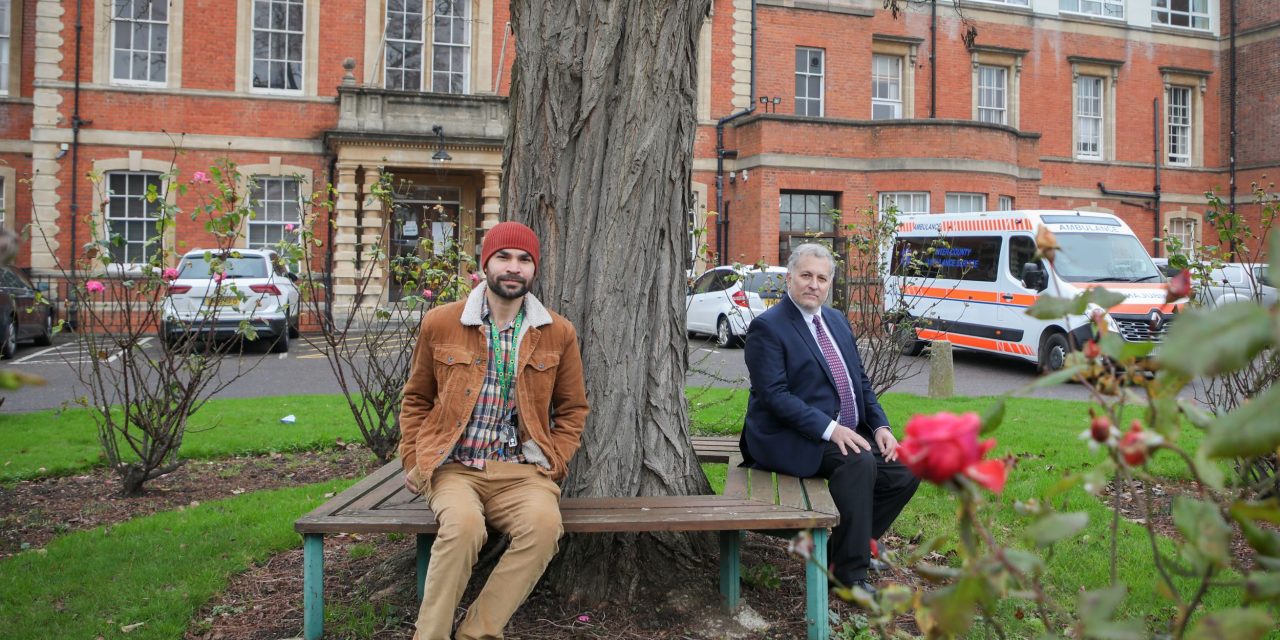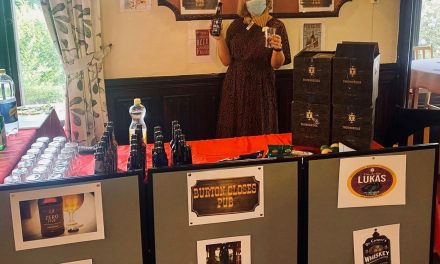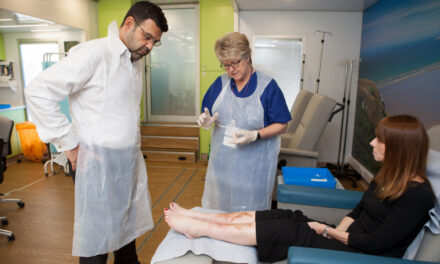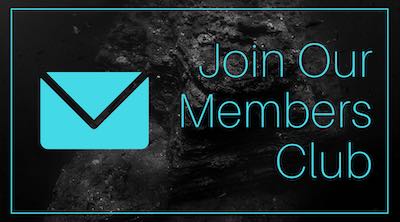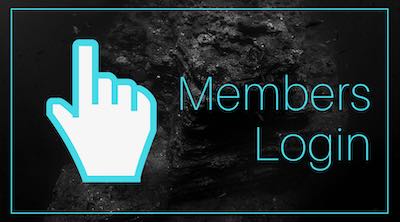A new charity, The Nightingale Initiative for Global Healthcare Transformation (NIGHT), is being established to raise funds to provide confidential mental health treatment to NHS nurses (including midwives and HCAs).
Yinka Winzenburg is NIGHT’s first benefactor. His life was changed forever in December 2017 when a fall at an outward-bound course caused a severe spinal cord injury which threatened to leave him paralysed. He was treated at St. George’s Hospital, where he underwent a seven-hour operation. A month later, he was transferred to The Royal Buckingham Hospital in Aylesbury (Florence Nightingale was personally involved in the original design for the hospital) for rehabilitation and physiotherapy with traumatic injury specialists, the first civil pavilion planned hospital to be finished and in use in the United Kingdom.
Three months after the accident Yinka took his first steps unaided. Yinka is actively pursuing his ongoing recovery and he is adjusting to his ‘new normality’ with the invaluable therapeutic input in mind. Yinka received compensation for his accident and used some of the funds to help establish NIGHT on behalf of The Royal Buckinghamshire Hospital.
NIGHT is currently fundraising to ensure that every nurse, midwife or healthcare assistant who requests confidential help is able to access it. It is establishing a network of volunteer peer champions which nurses can approach completely confidentially to gain access to a user–anonymous on-line application to assist. If clinical intervention is indicated this will be arranged and paid for with the most appropriate provider.
The Government recently announced more funding to treat mental health challenges of staff working in the NHS. Although the 320,000 NHS nursing staff can be referred to local mental health services, research has shown that they feel they may be stigmatised if they disclose a mental illness to their employer. Post COVID it is expected to see an increase in anxiety, stress, depression, or other psychiatric illnesses.
The scale of mental health issues within NHS staff is significant, figures show that:
- The monthly sickness rate among health service staff in England was 6.2% in April this year – up from 5.4% the month before and the highest level recorded since April 2009 (Personnel Today – Health & Wellbeing 3/9/20)
- Anxiety, stress, depression, or other psychiatric illnesses were the most reported reasons for sickness leave, at 20.9% (Personnel Today – Health & Wellbeing 3/9/20)
- 24% of 4,063 nurses and midwives across the UK, surveyed between 28 April and 12 May, said they were suffering severe or extremely severe depression (Royal College of Nursing Research, May 2020)
- Between 30 and 51 nurses per year take their own lives meaning the suicide rate amongst nurses is 23% higher than the national average. In just six years between 2011 and 2017, at least 307 NHS nurses took their own lives. (Independent Nurse, February 2020)
- Only around 1% of nurses, midwives and HCAs requested mental health support.
In late April the International Council of Nurses (ICN) reported that “there is strong evidence that nurses are experiencing unprecedented levels of stress,” nurses are at “high-risk for full-blown stress response syndromes, anxiety, depression, post-traumatic stress disorder, chronic illness and burnout.”
Peter Arndt, Executive Director of NIGHT, said: “Yinka wanted to give something back to all the healthcare professionals who helped him following his accident, both public and private. Alongside Chris Campbell, Managing Director of The Royal Buckinghamshire Hospital, the idea for NIGHT was formed, with the Covid pandemic only highlighting the incredibly difficult circumstances all nurses and all other healthcare professionals are working under during normal times.”
“It has always been challenging for healthcare professionals, but the unprecedented pandemic has brought this into sharper focus and has undoubtedly taken its toll on their mental wellbeing.
“The reasons nurses, and even doctors, administrators and support staff, who we hope to extend the service to in the future, do not always seek treatment for personal mental health concerns are varied and complex.
“Some fear if they disclose a mental illness, they may be subject to sanctions from their employer or professional regulator, or even lose their job. Some fear the loss of confidentiality, that their personal details will be disclosed, or that they will be subject to gossip. Many, particularly doctors, feel ashamed of having a mental illness because they cannot ‘fix’ themselves.
“With mental wellbeing services from the NHS being currently overstretched and challenged despite recent announcements, it is difficult to access full support within the organisation itself. In fact, the NHS has encouraged individuals to seek assistance from the fantastic public mental health charities currently in operation, but none to our knowledge goes as far as providing confidential no-cost direct clinical support to the patient.
“Yinka’s contribution has enabled us to establish NIGHT, but to even scratch the surface of the problem it is aiming to alleviate will take substantially more and we hope that big business, and philanthropic individuals will join us on the journey to improving the mental health of the nurses who have served us so valiantly this and in past years.”



